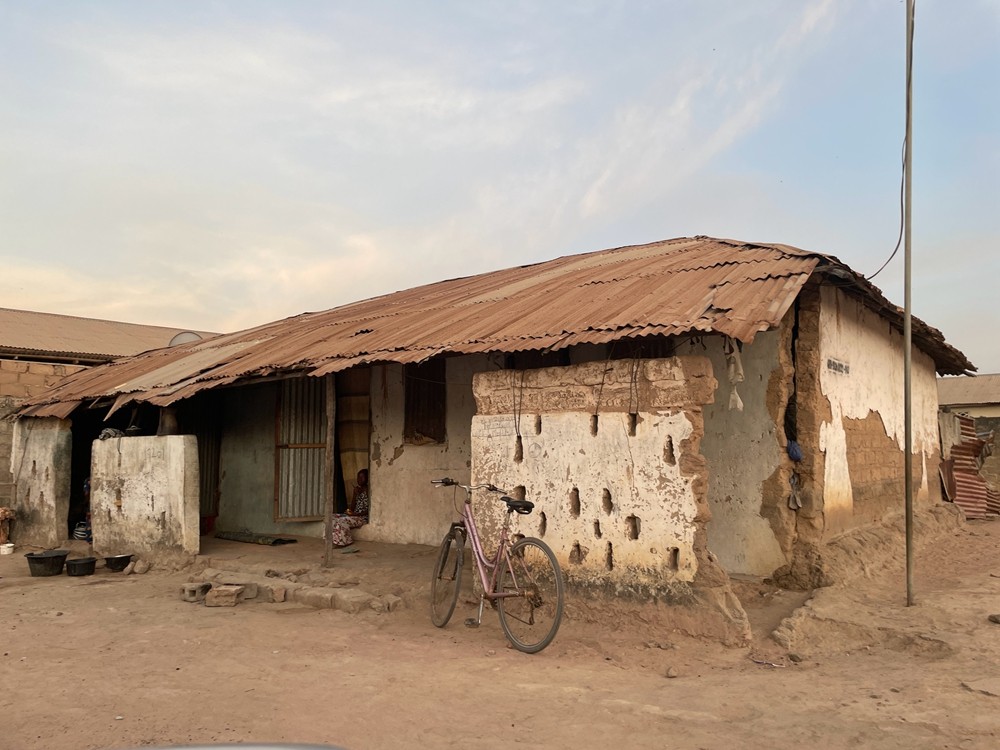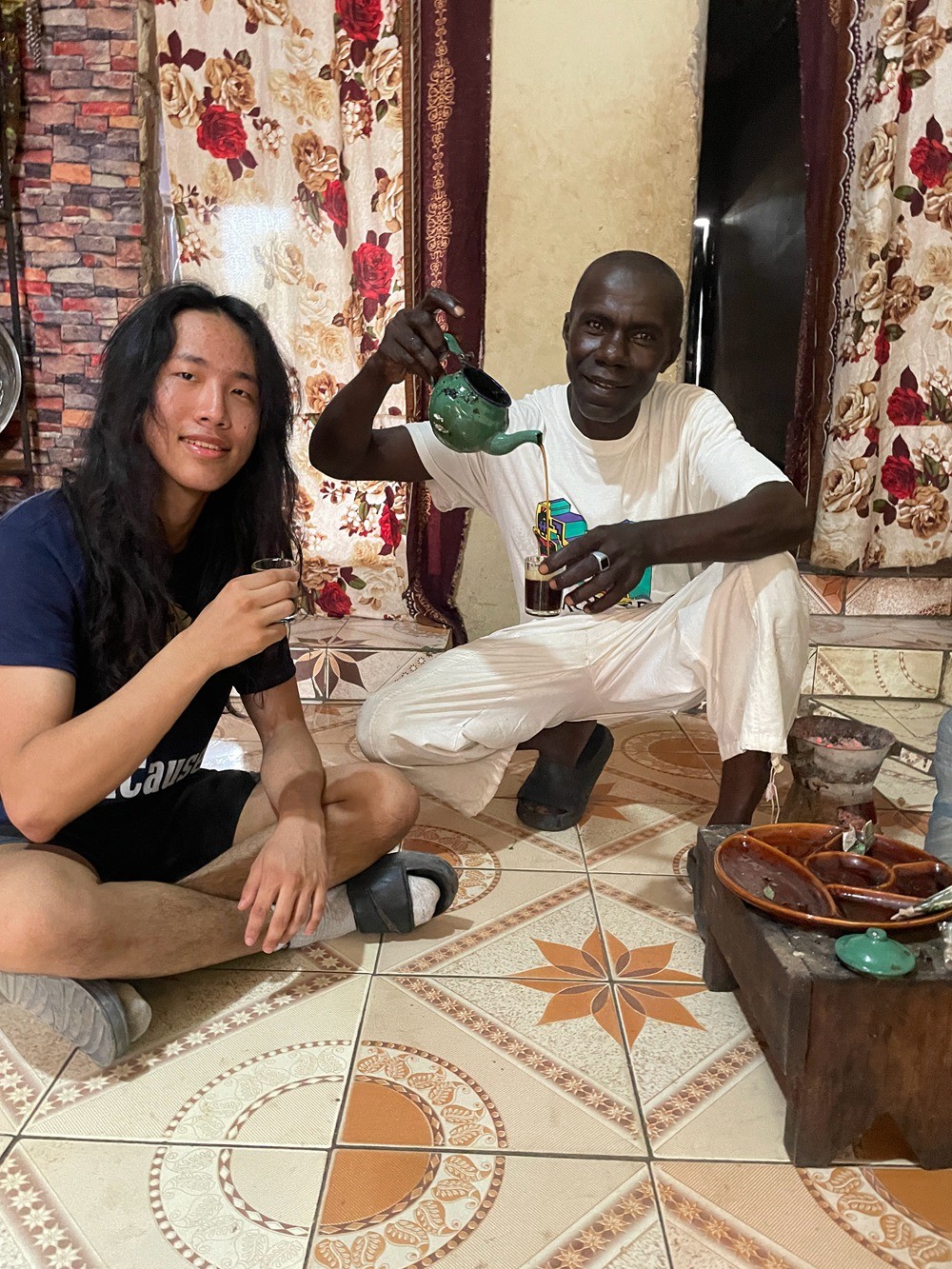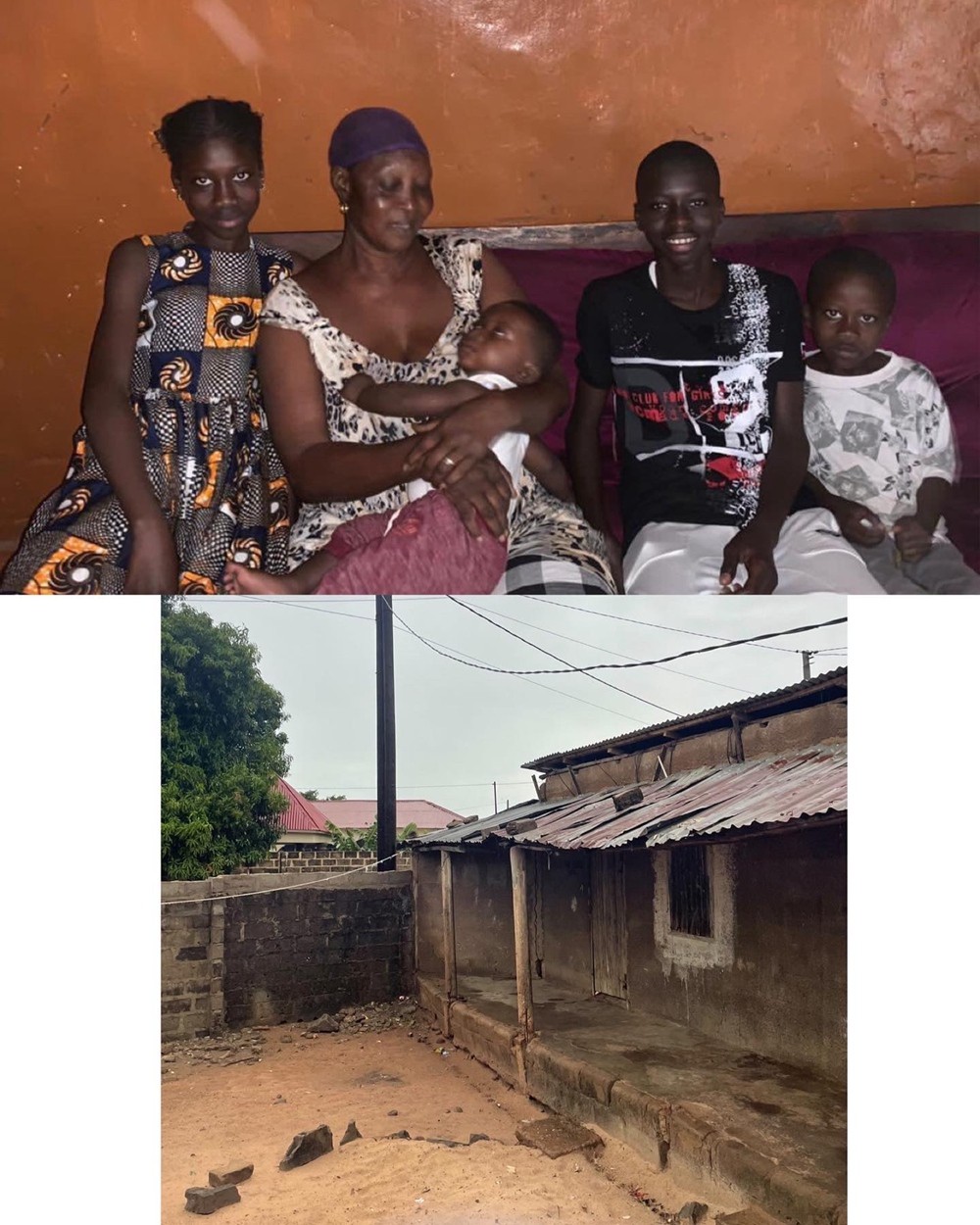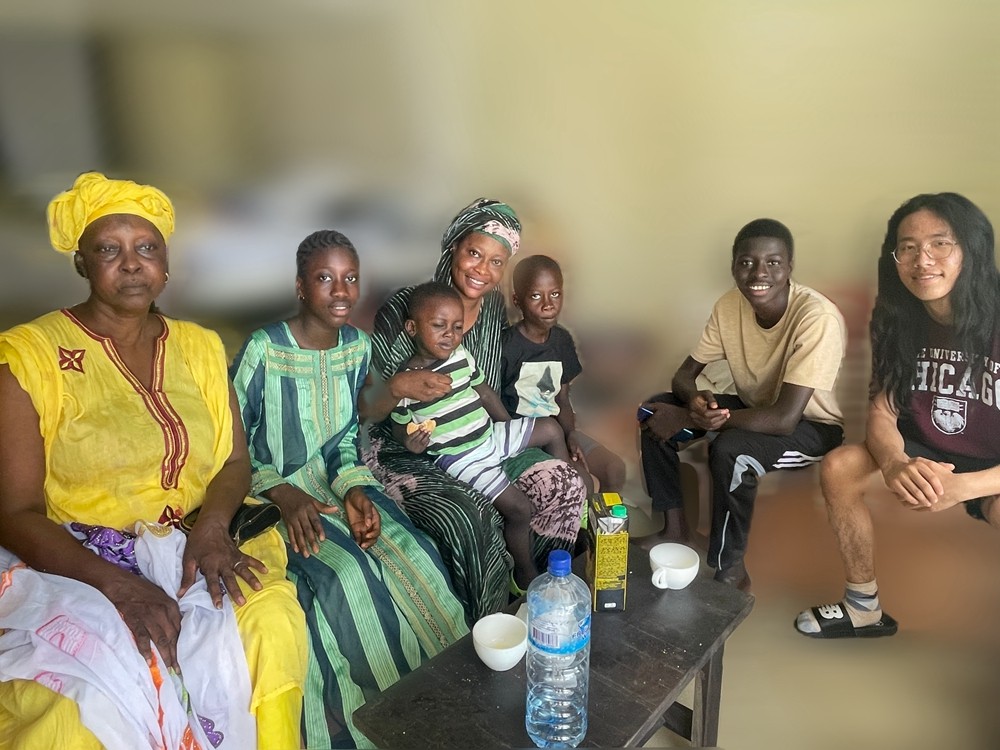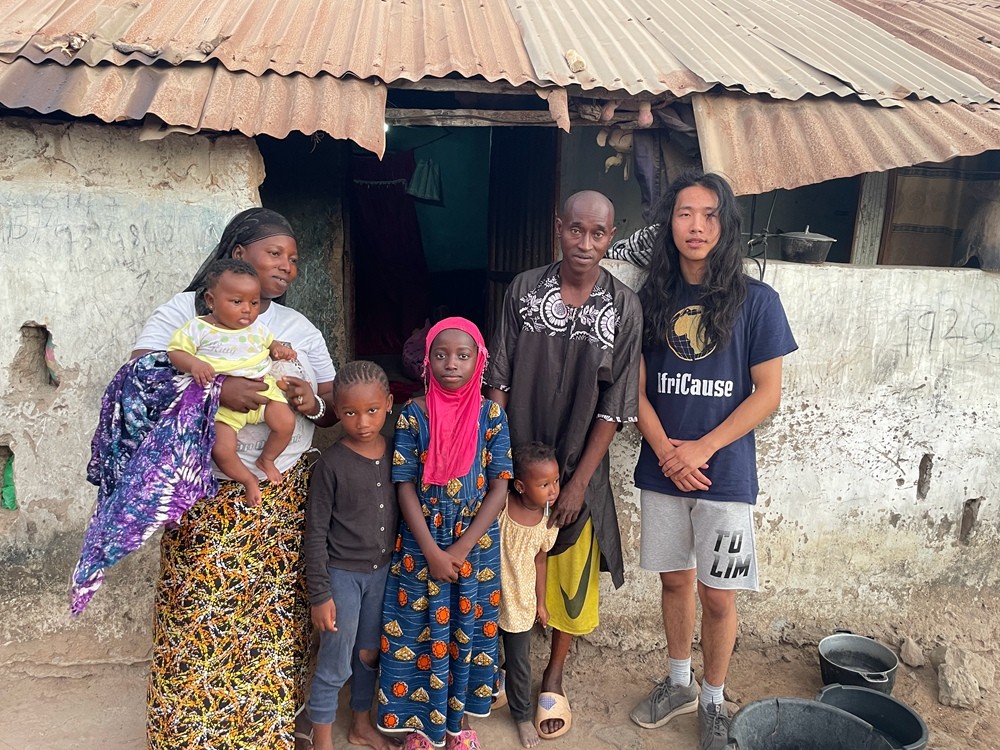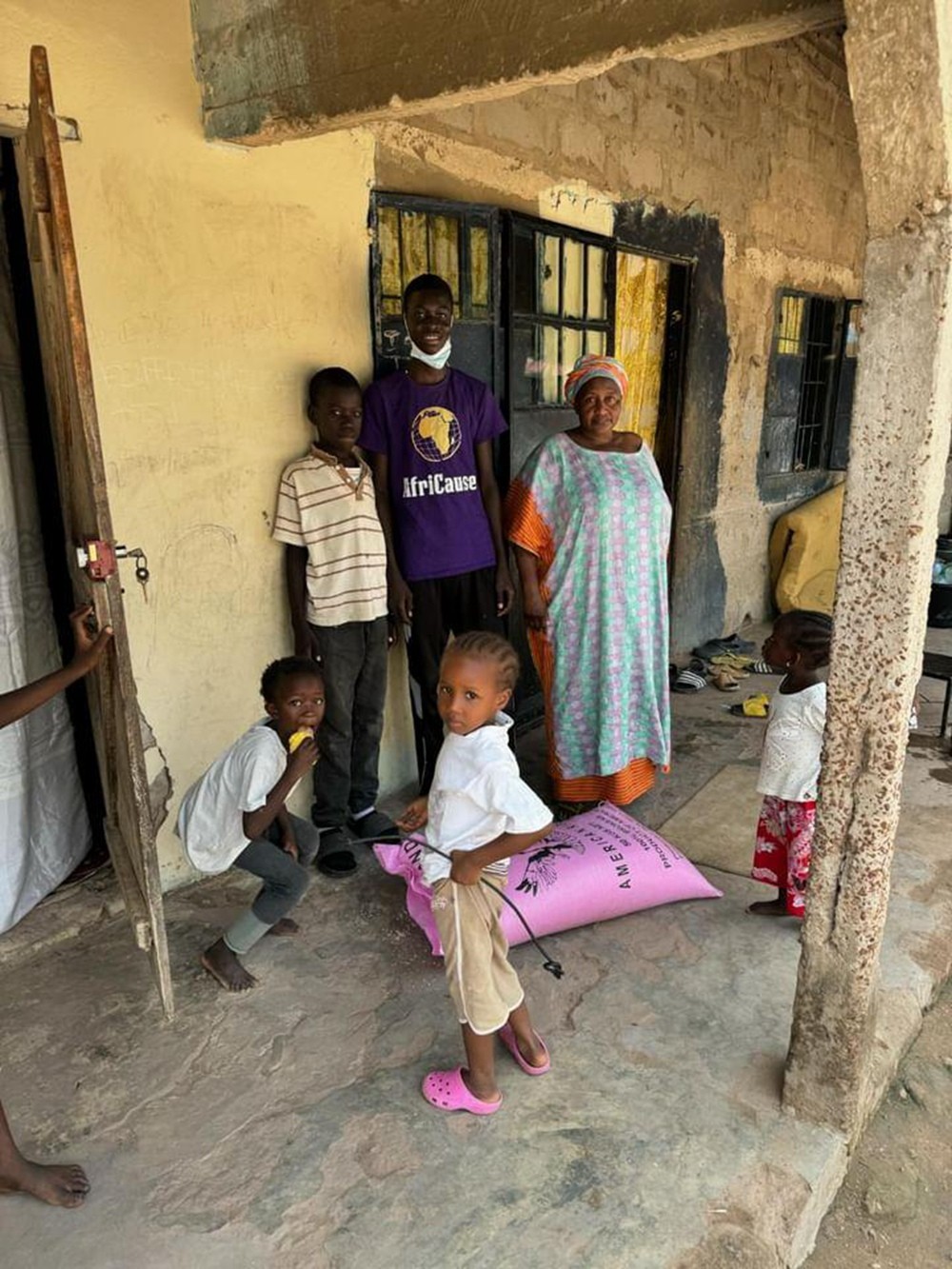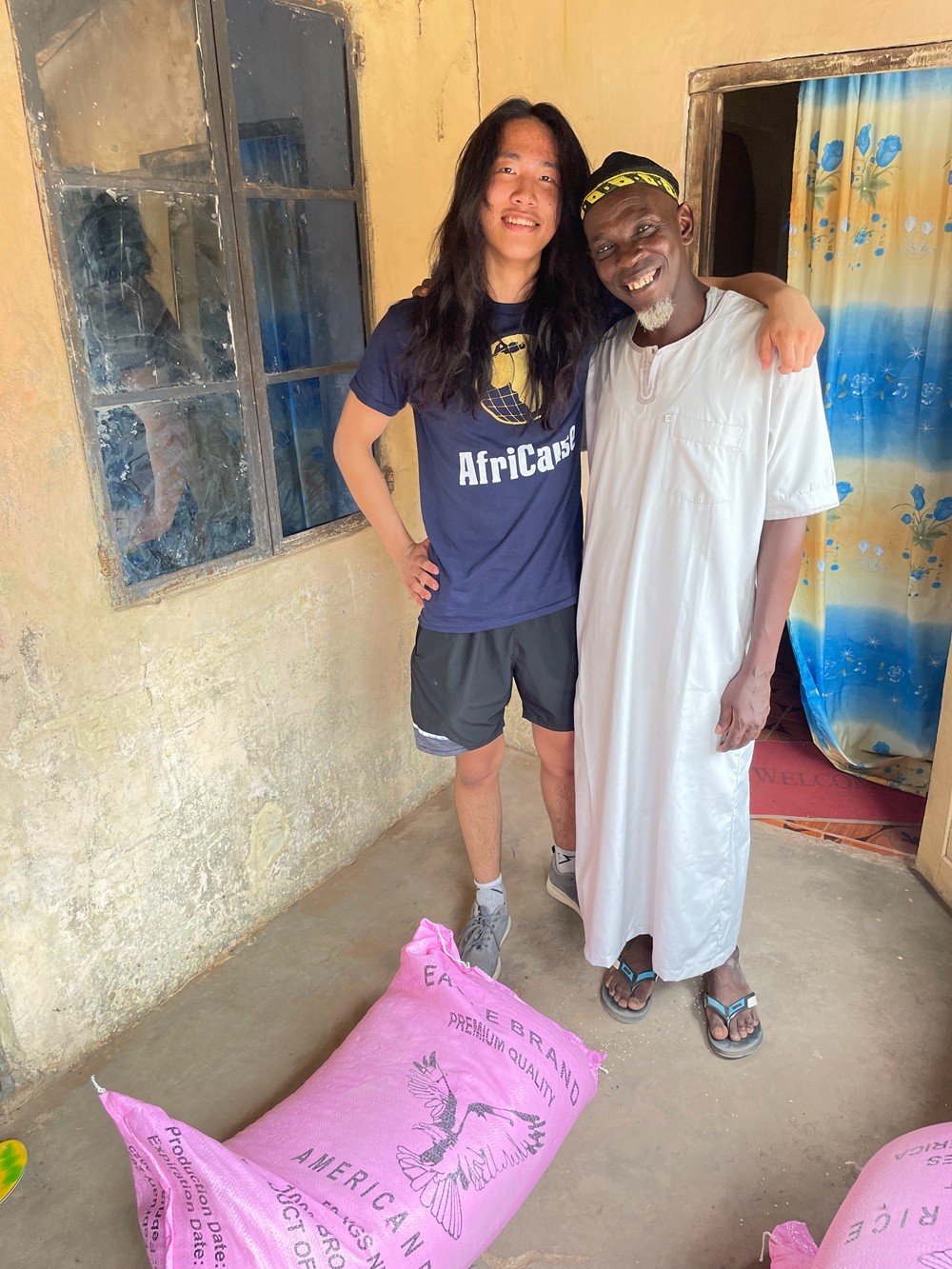AfriCause Initiative is based in the Gambia and operates internationally.
About The Gambia
The smallest country in continental Africa and one of the poorest countries in the world.
Population: ~2.7 million.
53.4% of the population are living below the poverty line.
Annual GDP per capita: 727.84 USD; equivalent to only 6% of the World’s Average.
Literacy Rate: 50.8%.
(Source: World Food Programme, World Bank, UNESCO Institute for Lifelong Learning)
Our Story
Justinian Su, who aspired to improve the human condition since childhood, founded AfriCause during his solo trip to the Gambia. Eager to learn firsthand about what life is like for underprivileged Gambians, Justinian spent most of his time with local impoverished families, buying them food, sharing long conversations over meals, and participating in their manual labors. (See pictures below) He was well liked and built lasting connections with multiple locals, most notably a teenage boy named Omar, who struggled to provide for his family of six after his father passed away. Despite facing hardships himself, Omar worked tirelessly to help his neighbors. Inspired by his resiliency and kindness, Justinian decided to join Omar in the mission of uplifting the poor, establishing the AfriCause Initiative and opening a bank account in the Gambia. After Justinian’s departure, Omar and other local acquaintances continued to carry out AfriCause’ operations as well as collecting relevant information for research and strategy development. Channeling both local networks and international resources, AfriCause was able to gradually become a transformative force for the Berewuleng community.
Compared to traditional nonprofit organizations, AfriCause is uniquely advantageous for its direct, personal connections with local families, its transparency without bureaucratic inefficiencies, and its adaptability—always synchronized with results and ready for immediate adjustments. In addition, our reports indicate that there are currently many regions in the Gambia that are completely neglected by other institutions or receive only nominal aid. Afri...
